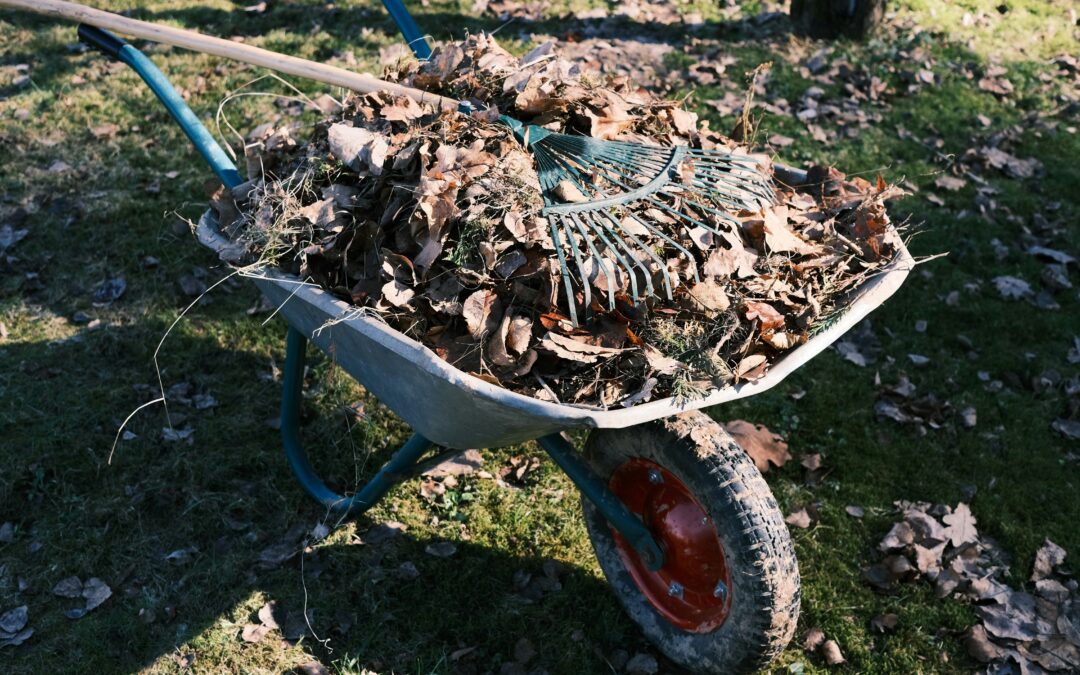My dad corrected me once, a hundred times. I mean, when he corrected me about something, I never wanted to make that mistake again. But there were a hundred different mistakes requiring singular correction. In this case, my adolescent self sauntered off for another bag to receive the leaves we were raking in the back yard. By the time I returned, he had a single-sentence lesson worth a semester of guidance about how people were judged by whether they worked to get a job done or ambled about consuming time until they didn’t have to work anymore—as I had just done. I was only a kid, and he was not unkind, but I never wanted to be that guy again. He was not simply telling me to work harder. He was telling me one of the most important things about us as human beings—that we do things with the end in mind; that we work toward a purpose.
One of Isaiah’s best known prophecies declares: “…I am God, and there is none like me, declaring the end from the beginning and from ancient times things not yet done, saying, My counsel shall stand, and I will accomplish all my purpose… I have spoken, and I will bring it to pass; I have purposed, and I will do it.” His accomplishment is paired with His purpose. He does not simply speak and bring it to pass; He purposes it and does it.
Purpose is the domain of intelligence. Only intelligent beings act toward an end—hence the teleological argument for the existence of God, now manifest in Intelligent Design and the Anthropic Principle. (Don’t get me started.) The reason Solomon’s description of wisdom in ants, rock badgers, locusts, and lizards works so well (and ironically) is precisely that they lack the purpose inherent to wisdom, yet appear to demonstrate it in their behavior; e.g., “The locusts have no king, yet all of them march in rank.” God creates us not just with a purpose (His for us—which we have in common with every object He creates), but with purpose (our ability to act intentionally toward an end). Our end can be described from many different perspectives. But when it comes to the things we do, the end is clear: love the Lord…and our neighbor.
This week, may we see the end from the beginning—that is, may our love drive our labor, just as our Father taught us to do.

